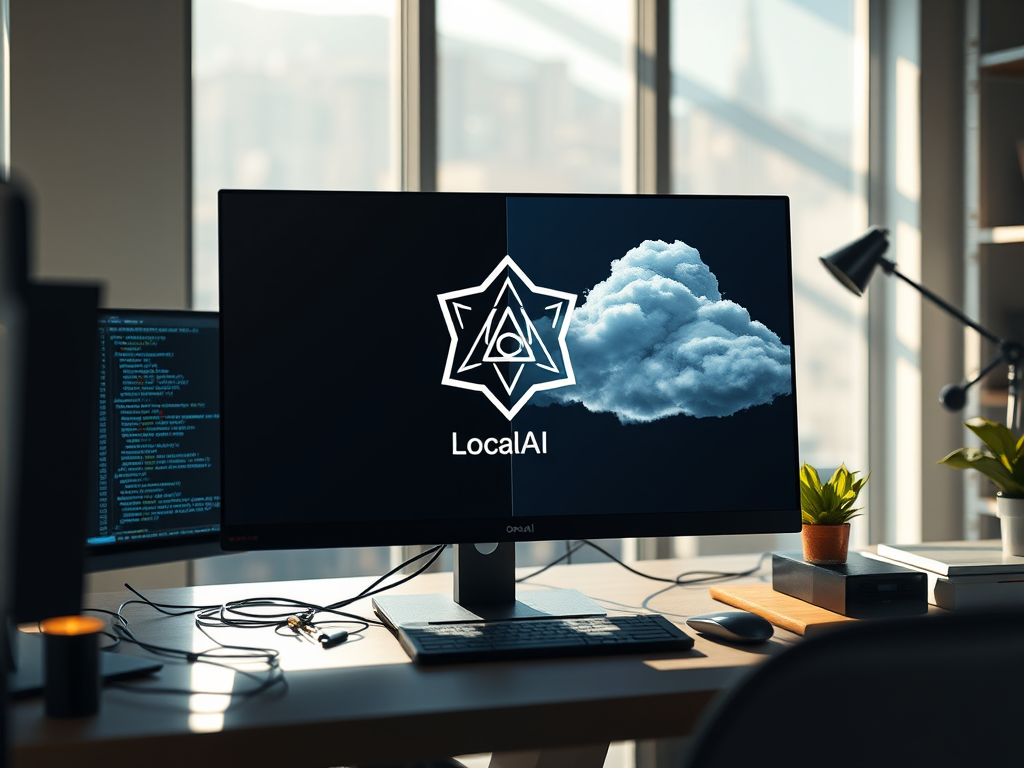OpenAI experienced another significant service disruption on Thursday, with ChatGPT, Sora, and its developer APIs going dark for over four hours, marking the second major outage this month. The incident, which began at 11 a.m. PT, affected millions of users worldwide and has reignited discussions about the reliability of cloud-based AI services.
The company attributed the outage to an unspecified issue with one of their upstream providers, with services gradually returning to normal by 3:16 p.m. PT. ChatGPT showed signs of recovery first, though users continued to experience difficulties accessing their chat histories. Sora, OpenAI’s text-to-video generation model, resumed operations later in the afternoon, while the company continued working to fully restore its API services.
This disruption follows a similar incident earlier in December, when OpenAI’s services were unavailable for approximately six hours due to problems with a new telemetry service. Such extended downtime is unusual in the industry, where outages typically resolve within one to two hours.
The recurring outages have sparked important conversations in the tech community about the vulnerability of cloud-dependent AI systems. Some developers and organizations are now considering the implementation of hybrid approaches, combining cloud-based services with local AI models. This shift would allow applications to continue functioning during cloud service disruptions, albeit potentially with reduced capabilities.
The trend toward local AI processing is gaining momentum, with several companies developing lightweight versions of large language models that can run directly on user devices. This approach not only addresses reliability concerns but also offers advantages in terms of privacy and reduced latency.
However, the transition to local AI processing presents its own challenges, including increased hardware requirements and the need to balance model performance with device capabilities. Despite these hurdles, the recent outages have underscored the importance of having backup systems and alternative processing methods in place.
As AI becomes increasingly integral to business operations and daily life, the industry may need to evolve toward more resilient architectures that combine the power of cloud-based AI with the reliability of local processing solutions.


Leave a Reply